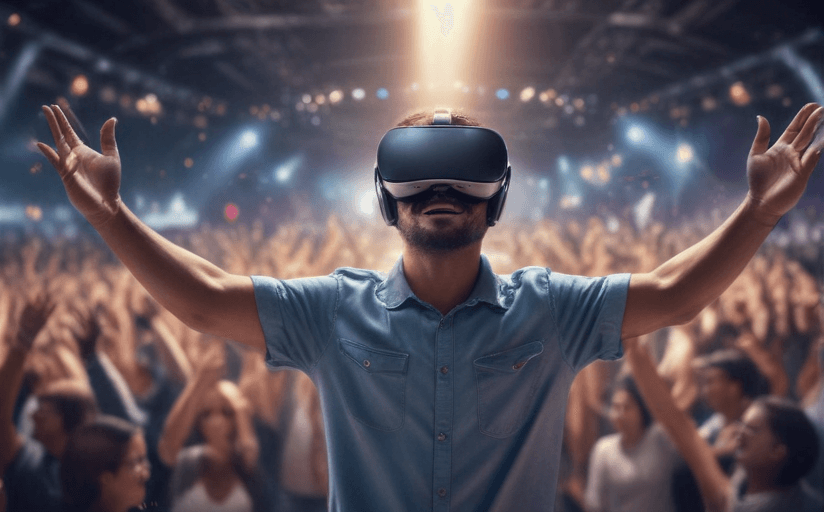Virtual Reality Concerts: The Future of Live Music
In recent years, technology has significantly changed the dynamics of enjoying music performances. At the forefront of this revolutionary shift is the introduction of virtual reality concerts. This innovative concept has grown rapidly, providing music enthusiasts a unique, immersive experience from the comfort of their living rooms. This article aims to shed light on the rising trends of virtual reality concerts, the technology that fuels this revolution, the multiple benefits it offers, its impact on the music industry, and future trends.
Technological Advancements Fueling Virtual Reality Concerts
Several technological advances have made seamless and engaging VR concerts possible. The key driving force behind these immersive experiences is the advancement in Virtual Reality (VR) technology. Innovative VR software and hardware such as headsets, motion trackers, and 3D audio technology create a lifelike concert experience, mimicking the fervour and intensity of a real concert.
Benefits of Virtual Reality Concerts
VR concerts offer immeasurable benefits to both artists and their audience. For performers, it provides an opportunity to reach a global audience, eradicating geographical barriers. As for the audience, they can enjoy their favourite artists performing live without leaving their comfort zone. Furthermore, VR concerts reduce carbon emissions due to lesser need for physical transportation.
Impact on the Music Industry
The rise of VR concerts is shaping the future of the music industry, enabling a broader audience reach, improved accessibility, and increased revenue generation pathways. They are also proving to be a panacea during unprecedented times like the COVID-19 pandemic, where live events were brought to a halt.
Challenges and Solutions
However, several challenges, including high VR headset costs, technical glitches, and underutilized sensory details need addressing to improve these immersive experiences. Strategies such as making VR technology more affordable and accessible, continually upgrading VR software and hardware, and providing a multi-sensory experience can potentially refine the VR concert experience.
Noteworthy Virtual Reality Concerts
Several artists like the esteemed DJ Marshmello have set milestones in the VR concert landscape. Marshmello's concert on Fortnite attracted a staggering 10 million concurrent viewers. Another fine example belongs to Sony Music, who collaborated with Oculus for producing a VR concert for the artist Khalid.
Insights on the Future
The increasing accessibility and affordability of VR technology imply its potential to dominate the concert industry. In the future, we could see tailor-made, interactive VR experiences, increased usage of Augmented Reality (AR) and Mixed Reality (MR), and more artists endorsing the platform.
As the landscape of VR concerts continues to evolve and mature, one cannot deny the significant impact they have had on changing conventional norms and setting the stage for the future of live music.
















Comments
Leave a Comment